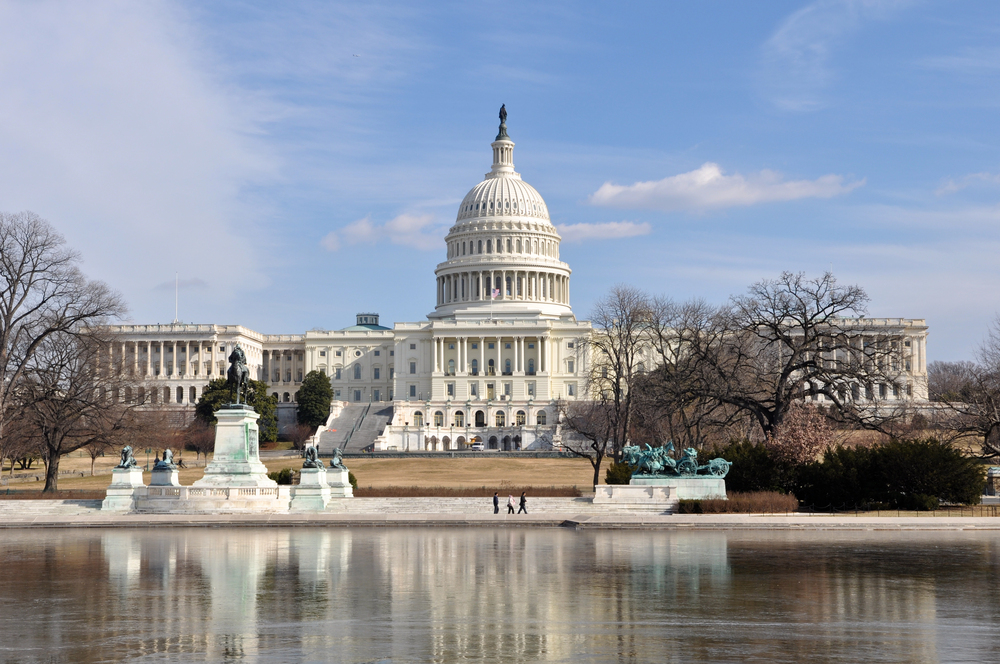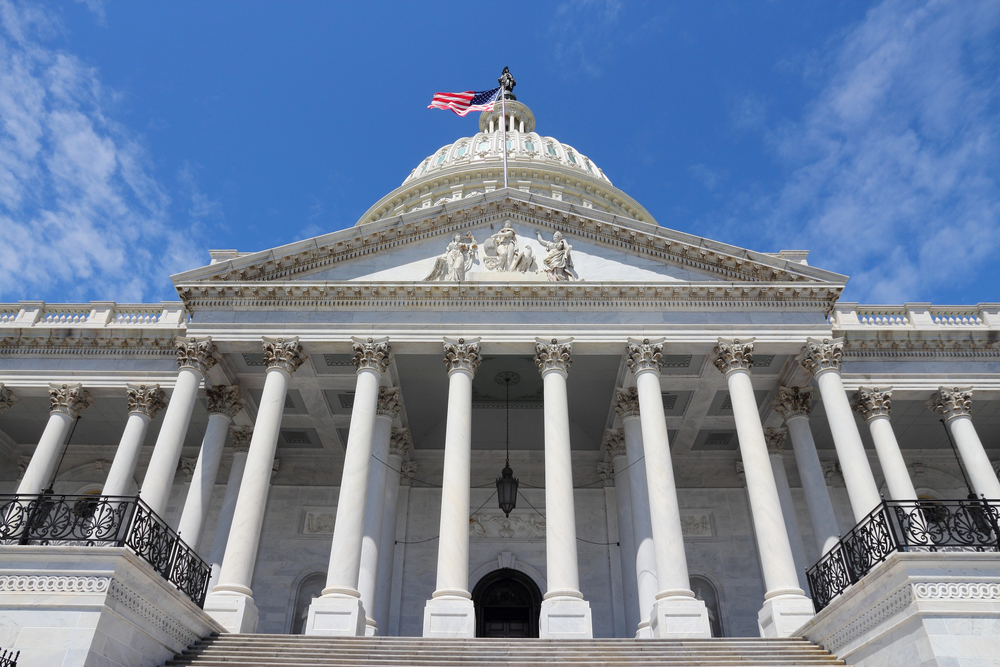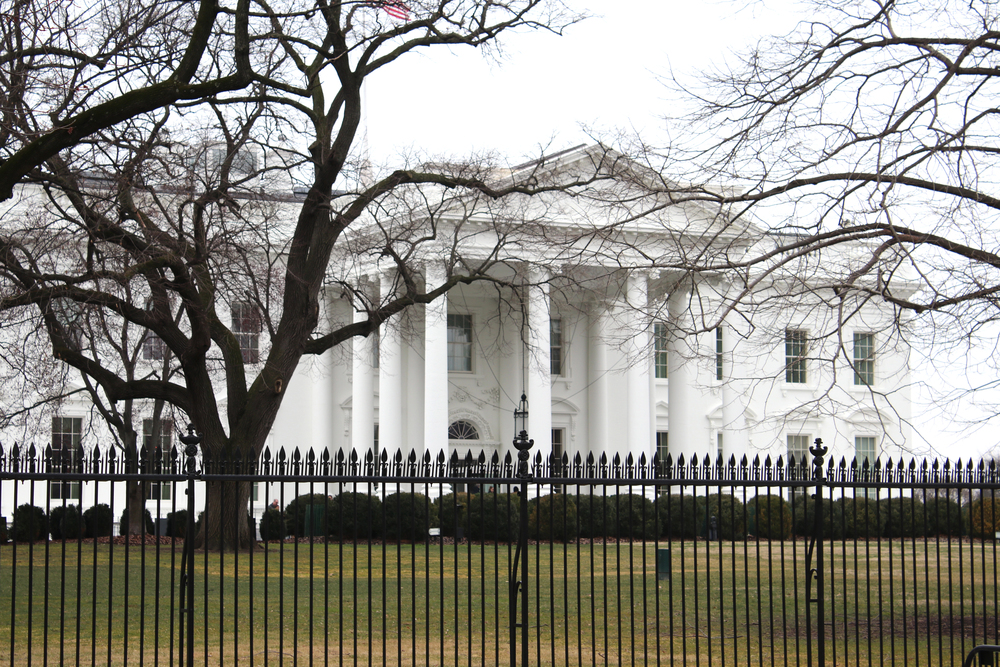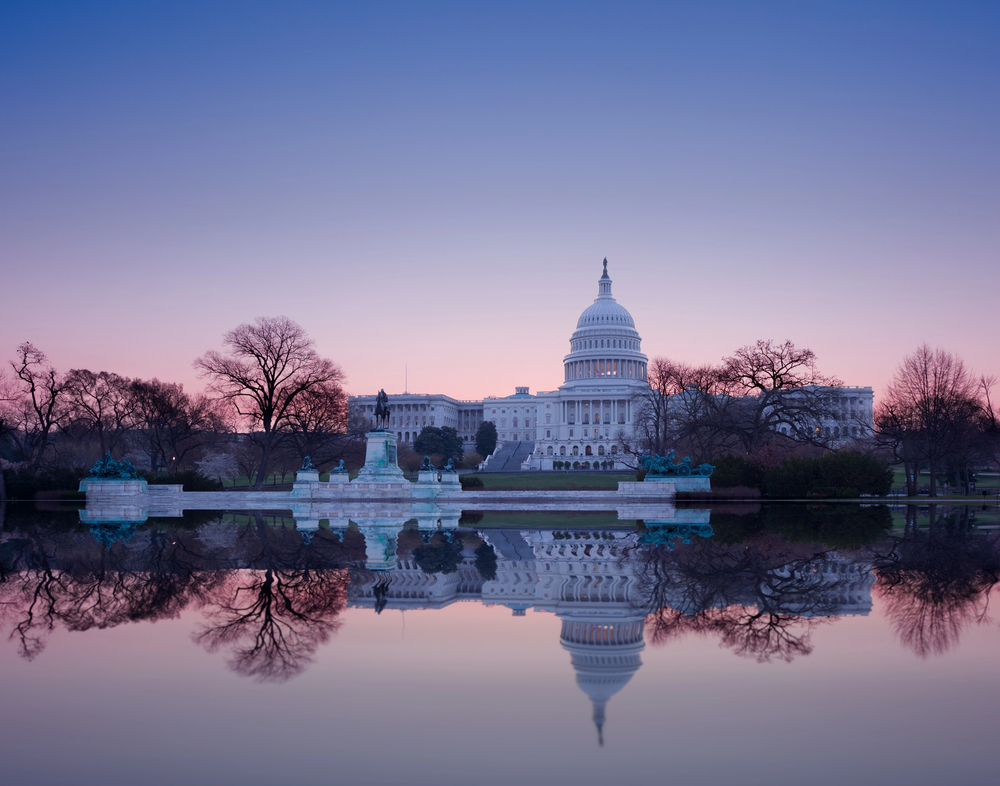Congress Passes Short-Term Government Funding Bill
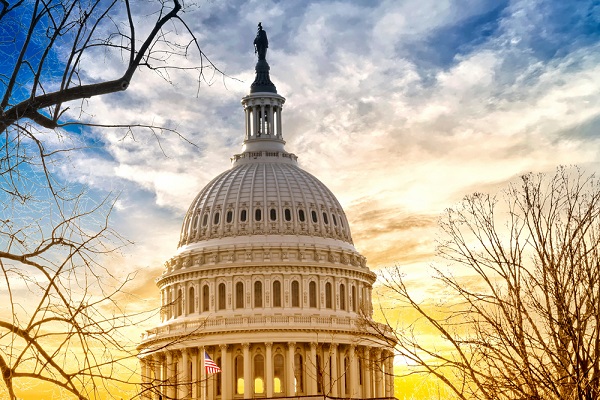
By: Nathan Riedel
On Wednesday night, the U.S. Senate passed legislation that will fund the federal government into the new year. The bill was passed with a bipartisan vote of 87-11. Ten Republicans and one Democrat voted against it.
Earlier in the week, the U.S. House of Representatives passed the resolution in a 336-95 vote, which featured overwhelming Democrat support—209 in favor; 2 opposed—and much less Republican support—127 in favor; 93 opposed. Interestingly, these were approximately the same margins that passed a continuing resolution (CR) in September and doomed Rep. Kevin McCarthy’s (R-California) term as Speaker of the House.
The resolution has been referred to as a “laddered” approach, which means it is a two-step CR and will fund some federal agencies through Jan. 19, 2024, and some through Feb. 2, 2024.
The legislation funds the Department of Transportation, Department of Housing and Urban Development, Department of Energy, Veterans Affairs Department, and Department of Agriculture through Jan.19, and funds all other federal programs, including the Department of Defense and many non-defense social programs, until Feb. 2.
A short-term reauthorization of the National Flood Insurance Program (NFIP) through Feb. 2 was included in the CR. The legislation also included an extension of the current Farm Bill through Sept. 30, 2024, giving Congress extra time to write a new five-year bill.
Congressional passage of the resolution avoids the threat of a government shutdown for the rest of this year and gives legislators time to negotiate annual spending bills. Twelve appropriations bills need to be passed by each chamber and then conferenced to reconcile differences, primarily on the overall spending levels.
While House Republicans remain deeply divided on fiscal policy, which has already derailed several of the appropriations bills in the House, the Senate is expected to complete their work on the bills more smoothly.
Nathan Riedel is Big “I” senior vice president, federal government affairs.


